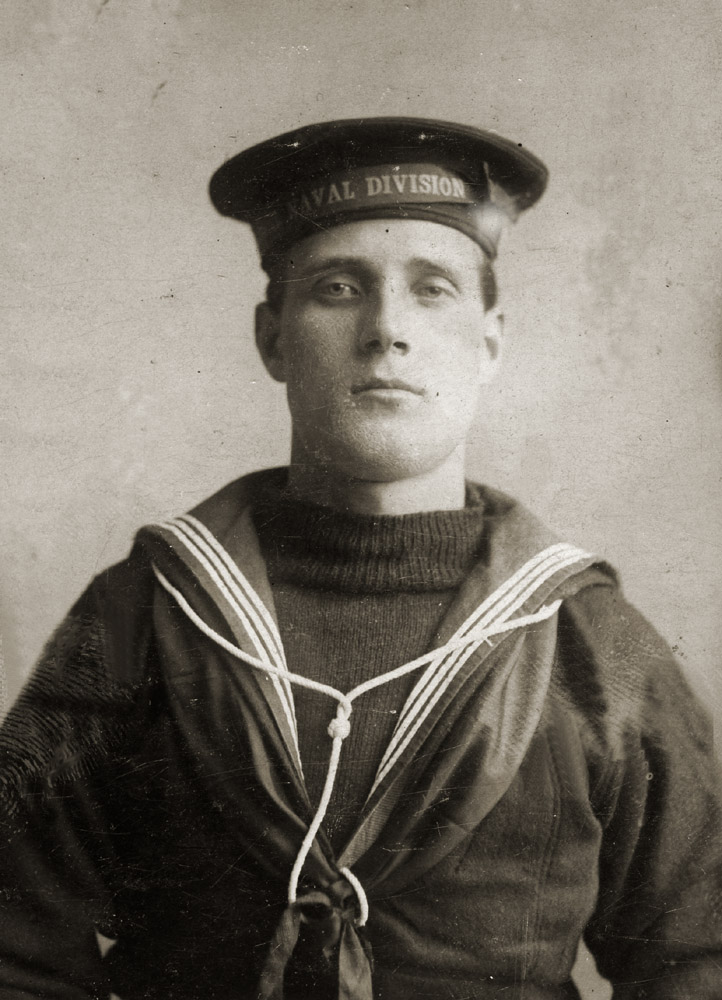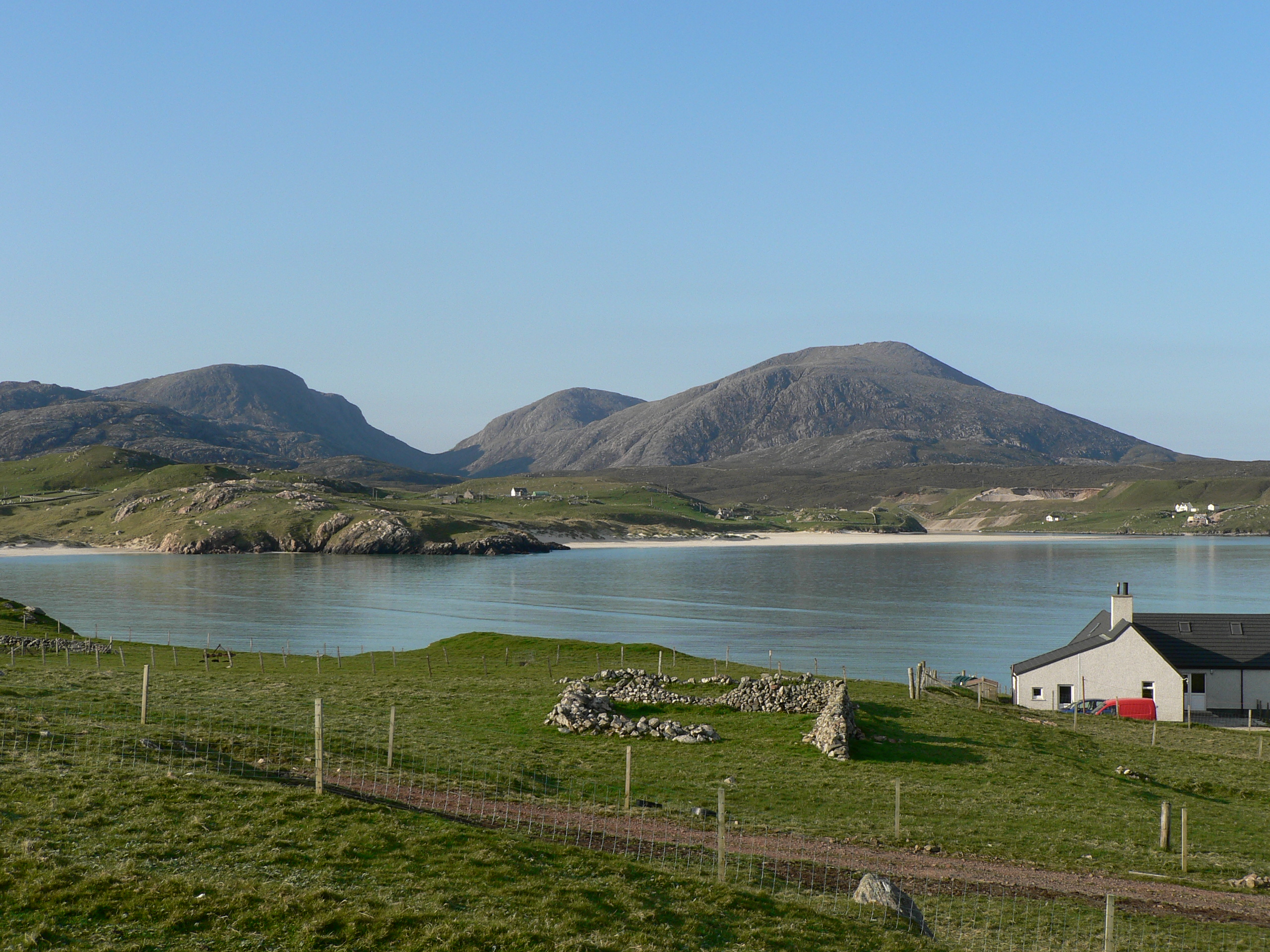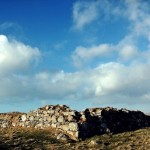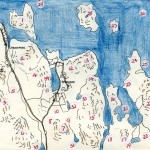Tag: geshader
Donald Macdonald, DSM
The Clearance of Vuia Mhòr
Lochcroistean School, c1928
Milling
Ungeshader, Geshader, Carishader, Enaclete, Lochcroistean
Banais Una
Lochcroistean Reunion
Farquhar Macdonald: A Contract with the Hudson’s Bay Company, 1832
Placenames: Geshader and Strome
Ciorstaidh Mhòr
April
William Dearg’s Medals
Lochcroistean School 1929-30
New Pictures
Bean a’Lion and a Sailor
Mussels and Peats
A Treat for a Cold Friday: Uig, 1964-65
Interned at Groningen in 1914
 This unidentified sailor with the Naval Division is believed to be one of those interned in Holland in 1914. The picture was taken at Groningen, and comes to us from 10 Mangersta. Is he one of the Uigeachs listed below who spent the war in “HMS Timbertown”? The following was written by Dave Roberts for Uig News; more information about the 106 known internees from Lewis, and the conditions they experienced, are found at Guido Blokland’s comprehensive website.
This unidentified sailor with the Naval Division is believed to be one of those interned in Holland in 1914. The picture was taken at Groningen, and comes to us from 10 Mangersta. Is he one of the Uigeachs listed below who spent the war in “HMS Timbertown”? The following was written by Dave Roberts for Uig News; more information about the 106 known internees from Lewis, and the conditions they experienced, are found at Guido Blokland’s comprehensive website.
On 5 August 1914 the postman delivered buff-coloured envelopes to all the reservists. War had been declared. There was no reluctance to answer the mobilisation call, and those on the Island made their way immediately to Stornoway, thence to Kyle of Lochalsh, and eventually to one of the Channel ports. The most pressing military need at the time was for infantrymen, not for ships’ crews, so the Naval Reservists found themselves issued with a rifle and ten rounds of ammunition. Their training had been as crew for warships, and the handling of big naval guns, not as infantrymen! But on 5 October they were transported to Antwerp in Belgium, via Dunkirk, to attempt to defend the strategic port from the advance of the Kaiser’s Army. The defences were built in the nineteenth century and were no match for the heavy artillery or the devastating fire from the ‘Big Bertha’ mortars. The ill-equipped and inadequately trained Naval Brigades had no chance and held out for less than three days.
They were facing overwhelming odds, and despite orders that they were to defend this strategic deepwater port at all costs, it was obvious that a retreat was necessary. There were also specific orders that on no account should the Naval Division be caught in Antwerp. Eventually the orders came to fall back, and two of the Brigades did so, but for some hours the third remained ignorant of the withdrawal. 3,500 men reached the Burght, crossed the River Scheldt by pontoon bridge and marched to St Niklaas, where they boarded trains and escaped. The other 1,500 men of the First Brigade, consisting of Hawke, Benbow and Collingwood Battalions, finally got their evacuation orders but when they arrived at the river the bridge was no longer in place. Fortunately there were some small boats available for ferrying them across, but valuable time had been lost. They arrived exhausted at St Niklass early on the morning of 9 October.
All the transport had departed and they were forced to continue on foot to St Gillis-Waas. There they discovered that the railway had been blown up, and they were almost completely surrounded by enemy troops. In fact some of the Naval Brigade had already been captured, including John Maclean Ungeshader (Shonnie Gorabhaig), John Buchanan Brenish, John and Angus Maciver Crowlista, and Donald Mackay Valtos. Only three of the Uigeachs who were sent to Antwerp managed to escape that day: they were Kenneth Maciver Geshader, Donald Macritchie Aird and Angus Mackay Valtos. The rest were now facing capture, being wounded or even being killed by the fierce bombardment they were suffering. Commodore Henderson was in charge and the lives of his men depended on him making the right decision. Reluctantly he chose the safest option: rather than become prisoners of war, they would cross the border. Once they were on Dutch soil, and had surrendered their weapons to the Dutch Army, they became internees in the neutral country of Holland.
The Uig contingent were: Malcolm and Murdo Buchanan (cousins) Brenish; Angus Morrison Islivig; Angus Macdonald Geshader; Donald Morrison, John William Macleod, Angus Macaulay, and James Morrison Valtos; Donald Maclennan Cliff; Kenneth Nicolson Crowlista and Norman Macritchie Aird. Out of the twenty Uigeachs who were sent to Antwerp only Kenneth Maciver Geshader, Donald Macritchie Aird, and Angus Mackay Valtos avoided capture or internment.



